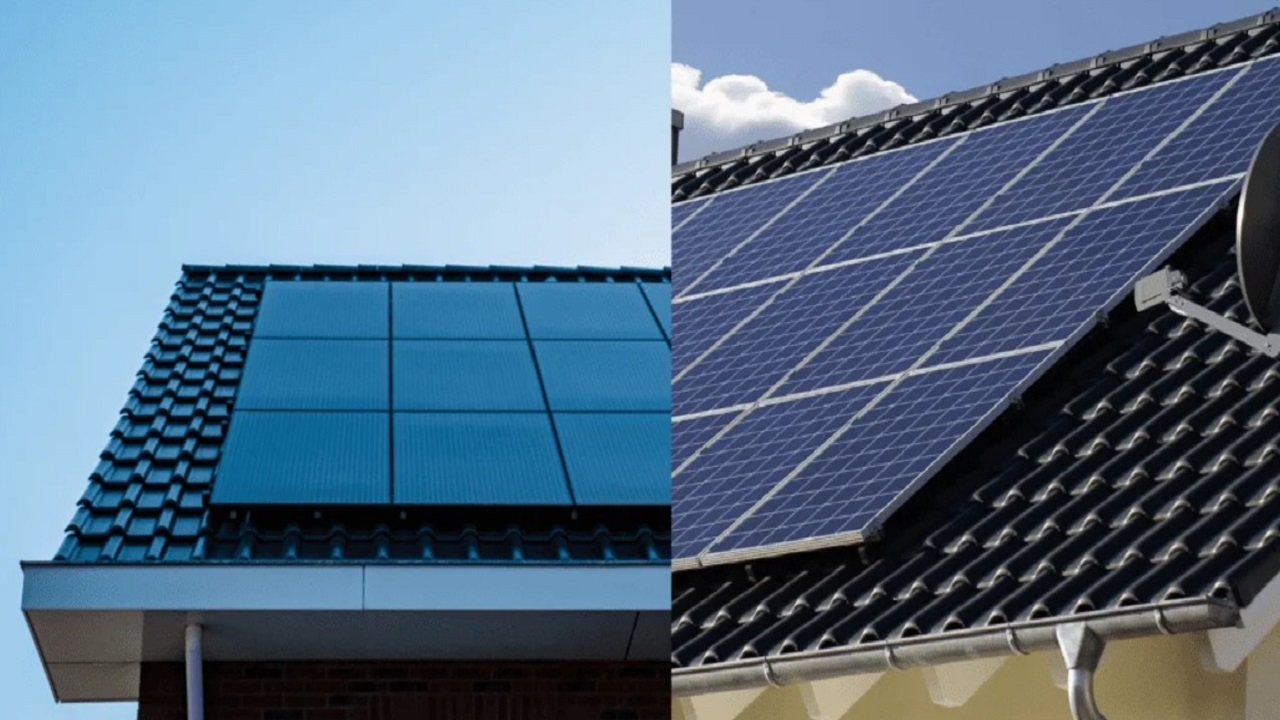Solar power is recognized as a strategic, more environmentally friendly approach to lighting houses and firms. Given that there are countless solar panel models available to choose from now, choosing sometimes needs to be clarified. One that brings attention is the all black solar panels company. They have smooth and eye-catching sleek appearances; they are high-performance. They are an excellent option for many houses.
But how do all-black solar panels differ from more commonly-trotted black solar panels that we are familiar with? The differences are not just about a well-groomed appearance. These panels contain some features that make them different from other conventional panels in some ways.
What Are All-Black Solar Panels?
All-black solar panels are designed to be sleek and uniform in appearance. They are made of black solar cells, a black back sheet, and black frames. There are no grid lines to be seen, unlike other panels, and no visible silver edges outline the panel. These panels are relatively preferred for homes due to their tendency to blend in with the roofs and create a sleek look.
Key Differences Between All-Black and Conventional Solar Panels
|
Feature |
All-Black Solar Panels |
Conventional Solar Panels |
|---|---|---|
|
Appearance |
Sleek, uniform black design with no visible grid lines. |
Blue or dark blue cells with silver grid lines and frames. |
|
Heat Absorption |
It absorbs more heat due to its dark color, which can slightly reduce efficiency in very hot climates. |
Absorbs less heat, maintaining better efficiency in high temperatures. |
|
Cell Type |
It uses high-quality monocrystalline cells, giving a consistent black finish. |
It often uses polycrystalline cells, leading to a bluish tint. |
|
Backsheet and Frame |
Black back sheet and black aluminum frame for a seamless look. |
The white back sheet and silver aluminum frame stand out more. |
|
Durability |
Built with premium materials, it is often more durable. |
It is reliable but may not match the longevity of some all-black designs. |
|
Cost |
Higher upfront cost due to premium materials and design. |
More budget-friendly and widely available. |
|
Performance |
Performs well but may lose a small amount of efficiency in hot weather. |
Maintains consistent performance in a variety of climates. |
|
Availability |
Less common and available in select markets. |
Widely available in most regions. |
|
Environmental Impact |
Manufactured with advanced processes, sometimes more eco-friendly. |
Traditional production methods with a larger carbon footprint. |
Advantages of All-Black Solar Panels
All-black photovoltaic panels boast an attractive look and offer respectable production. These particular panels have been tailored to satisfy the demands of homeowners who want efficiency and aesthetics. They also make use of high-quality materials, which ensure durability, thereby prolonging their service for energy conversion.
- Their consistent black color provides a seamless integration to rooftops, resulting in a modern and classy visual appearance.
- Durability: The panels are made of high-quality material that can withstand the force of wearing out due to the hard weather conditions.
- Minimal maintenance needed: The outer surface of each is black and glossy to reduce the chances of dust and grime buildup, and it is easy to wipe clean.
Disadvantages of All-Black Solar Panels
While all-black photovoltaic panels look nice and work well, they also have some disadvantages. Their dark color and design can affect efficiency in certain environments, and their cost may be out of most budgets. Their availability might also be limited in some areas, depending on suppliers.
- Higher price: These premium construction designs and materials make the panels more expensive compared to the normal ones, hence not suitable for low-budget buyers.
- Reduced heat efficiency: Darker-colored surfaces absorb more heat, and this can have a minor impact on performance in very hot climates.
- Issues of availability: They may only be available in some parts of the world; it may be harder to identify local options for buyers.
- Less variety in models: There are fewer configurations and wattage options compared to conventional panels, limiting choices for specific energy needs.
Conclusion
All-black solar panels remain one of the best solutions for those who intend to combine energy efficiency with an artistic appearance. They impress through their uniform design, durability, and easy blend with rooftops. The all-black photovoltaic panels are ideal for homeowners who take aesthetics seriously and are willing to make extra investments in the supreme features of their estate.
But first, one needs to weigh their cost and performance at high temperatures. A bit costlier and less efficient at very high temperatures, the advantages derived outweigh such weaknesses. With the unique features, you'll make a well-informed choice that will suit your energy needs and budget.


